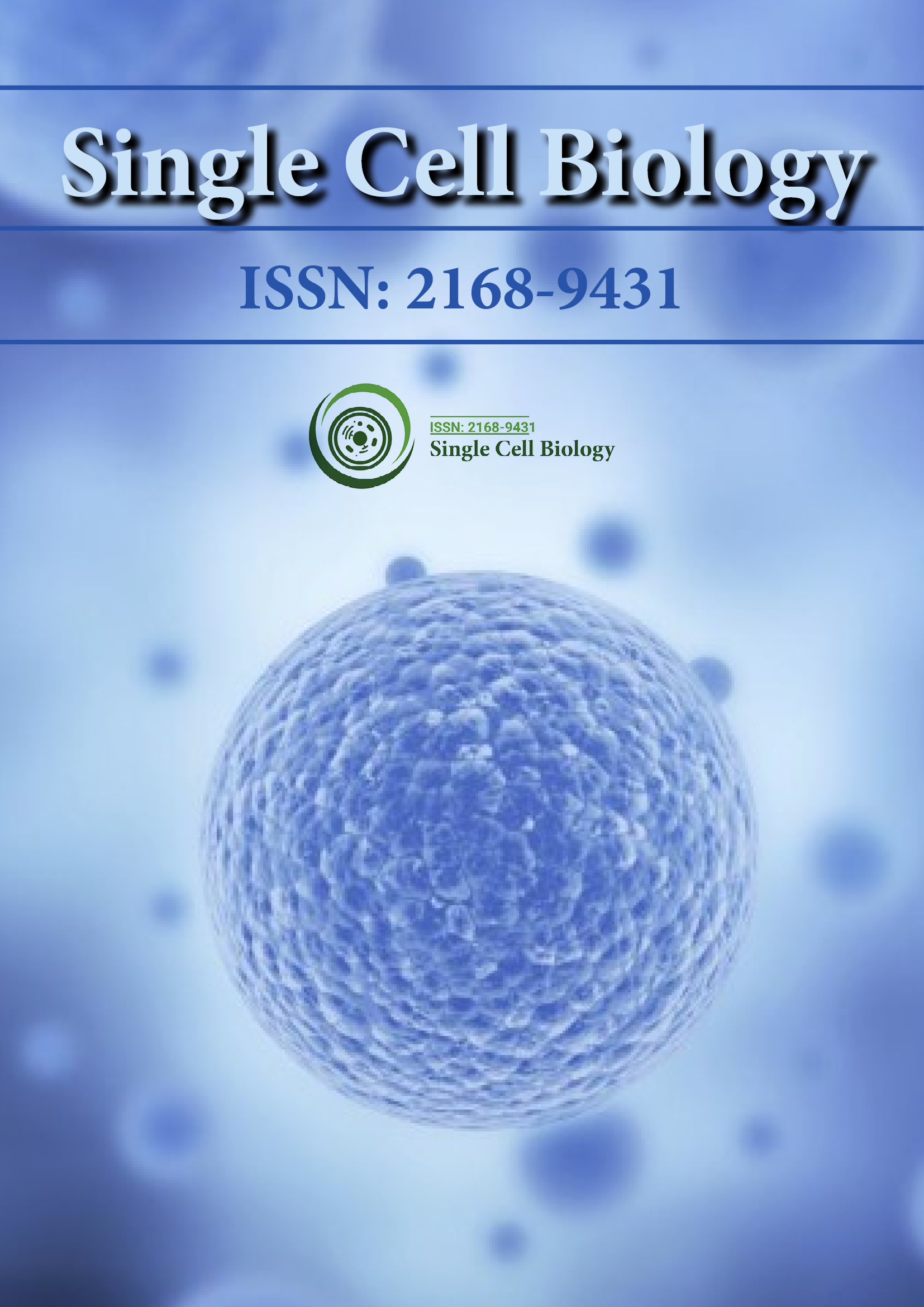Indexed In
- ResearchBible
- CiteFactor
- RefSeek
- Hamdard University
- EBSCO A-Z
- Publons
- Geneva Foundation for Medical Education and Research
- Euro Pub
- Google Scholar
Useful Links
Share This Page
Journal Flyer

Open Access Journals
- Agri and Aquaculture
- Biochemistry
- Bioinformatics & Systems Biology
- Business & Management
- Chemistry
- Clinical Sciences
- Engineering
- Food & Nutrition
- General Science
- Genetics & Molecular Biology
- Immunology & Microbiology
- Medical Sciences
- Neuroscience & Psychology
- Nursing & Health Care
- Pharmaceutical Sciences
Editorial - (2021) Volume 10, Issue 2
Biochemical Reactions of Proteins and Enzymes
David Mose*Received: 09-Sep-2021 Published: 30-Sep-2021, DOI: 10.35248/2168-9431.21.10.e005
Description
Protein has many roles in your body and it helps to repair and build your body's tissues and allows metabolic reactions to take place and coordinates bodily functions. In addition to providing your body with a structural frame work, proteins also maintain proper pH and fluid balance. Protein is crucial to good health. In Greek Proteins are also called as protease. Proteins are made from amino acids that join together to make long chains. Protein is an important part of a healthy diet. Proteins are made up of chemical 'building blocks' called amino acids. Your body uses amino acids to build and repair muscles and bones and to make hormones and enzymes. They can also be used as an energy source. Protein deficiency is when your intake is unable to meet your body's requirements. An estimated one billion people worldwide suffer from inadequate protein intake The problem is especially severe in Central Africa and South Asia, where up to 30% of children get too little protein from their diet
There are 20 amino acids and these help to make the thousands of various proteins in your body. Your body needs protein for maintain tissues and for growth. Under normal circumstances, your body breaks some amount of proteins and it uses to create and repair tissues. Other times, it breaks down more protein than it can create, thus increasing your body’s needs. Your body needs protein for growth and maintenance of tissues which are in a constant state of turnover.
Enzymes are proteins that aid the thousands of biochemical reactions that happen within the cells and out of doors of your cells and these enzymes allow them to mix with other molecules inside the cell called substrates, which catalyze reactions that are essential to your metabolism. Some enzymes require other molecules, like vitamins or minerals, for a reaction to require place. Bodily functions that depend on enzymes include Digestion, Energy production, blood clotting, contraction.
Some proteins are hormones, which act as messengers like chemical messengers. Chemical messengers aid communication between your cells, tissues and organs. Hormones can be grouped into three main categories Protein and peptides, Steroids, Amines. Protein and polypeptides make up most of your body’s hormones and some of the examples like Insulin, Glucagon, human growth hormone, antidiuretic hormone, adrenocorticotropic hormone. Some proteins are fibrous and that they provide cells and tissues with rigidity and stiffness. These proteins include keratin, collagen and elastin. Keratin is found in your skin, hair and nails. Collagen is that the foremost abundant protein in your body and is that the structural protein of your bones, tendons, ligaments and skin. Protein plays a crucial role in regulating the concentrations of acids and bases in your blood and other bodily fluids.
The balance between acids and bases is measured using the ph. It ranges from 0 to 14, with 0 being the foremost acidic, 7 neutral and 14 the foremost alkaline. PH 2 is Stomach acid, pH 4 is Tomato juice, pH 5 is Black coffee, pH 7 is Human blood, pH 10 is Milk of magnesia and pH 12 is Soapy water. Transport proteins carry substances throughout your bloodstream into cells, out of cells or within cells. For example, hemoglobin may be a protein that carries oxygen from your lungs to body tissues. Glucose transporters move glucose to your cells, while lipoproteins transport cholesterol and other fats in your blood. Protein can supply your body with energy. Protein contains four calories per gram, and carbs also provide the same amount of energy whereas fats supply the most energy, at nine calories per gram.
Citation: Mose D (2021) Biochemical Reactions of Proteins and Enzymes. Single Cell Biol.10:e005.
Copyright: © 2021 Mose D. This is an open access article distributed under the terms of the Creative Commons Attribution License, which permits unrestricted use, distribution, and reproduction in any medium, provided the original author and source are credited.
